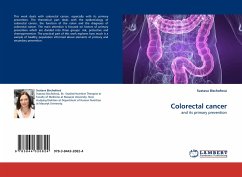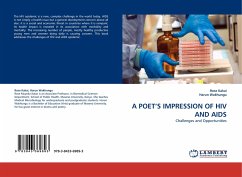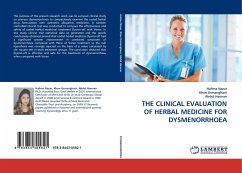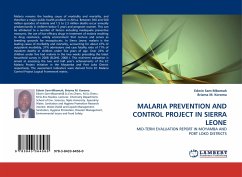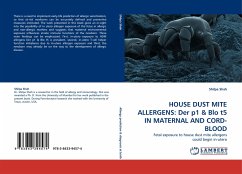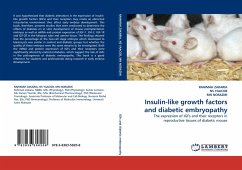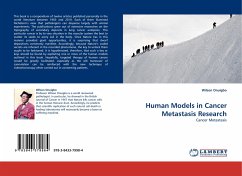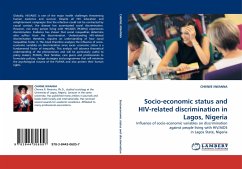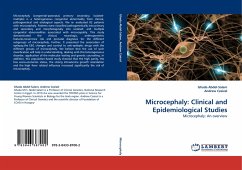
Microcephaly: Clinical and Epidemiological Studies
Microcephaly: An overview
Versandkostenfrei!
Versandfertig in 6-10 Tagen
53,99 €
inkl. MwSt.

PAYBACK Punkte
27 °P sammeln!
Microcephaly (congenital-postnatal, primary- secondary, isolated-multiple) is a heterogeneous congenital abnormality from clinical, pathogenetical and etiological aspects. We re- evaluated 82 patients with microcephaly. Patients were classified pathogenetically into primary and secondary and morphologically into isolated; and multiple congenital abnormalities associated with microcepahly. This study demonstrated the clinical, neurologic, anthropometric features,recurrence risk and prenatal diagnosis for the different subgroups of microcephaly. Further, It presented the association of epilepsy,...
Microcephaly (congenital-postnatal, primary- secondary, isolated-multiple) is a heterogeneous congenital abnormality from clinical, pathogenetical and etiological aspects. We re- evaluated 82 patients with microcephaly. Patients were classified pathogenetically into primary and secondary and morphologically into isolated; and multiple congenital abnormalities associated with microcepahly. This study demonstrated the clinical, neurologic, anthropometric features,recurrence risk and prenatal diagnosis for the different subgroups of microcephaly. Further, It presented the association of epilepsy,the EEG changes and control to anti-epileptic drugs with the different groups of microcephaly. We believe that the use of such classification will help in understanding, dealing with this heterogeneous disorder, application of the molecular testing and genetic counseling. In addition, this population-based study showed that the high parity, the low socio-economic status, the strong intrauterine growth retardation and the high fever related influenza increased significantly the risk of microcephaly.



